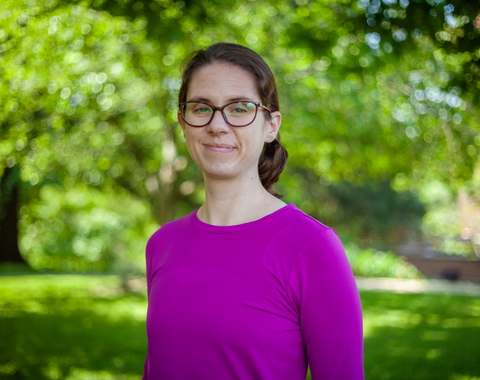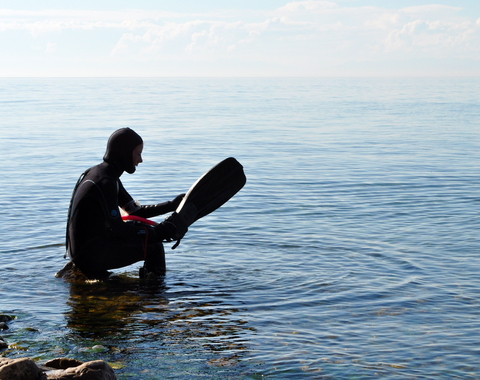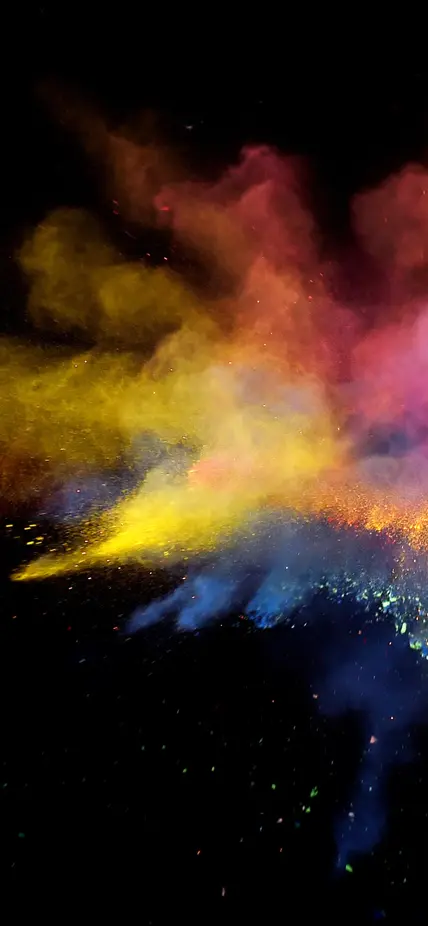This Women's History Month, we're spotlighting remarkable women like Anat Shahar as part of our Women of Influence series.
Shahar is the Deputy for Research Advancement at Carnegie Science and a Staff Scientist at the Earth and Planets Laboratory. Her groundbreaking research delves into the captivating realm of planetary formation and evolution, using high-pressure and temperature experiments to unlock the secrets of celestial bodies.
Join us as we delve into Shahar's story and her pioneering contributions to planetary science. Stay tuned for more inspiring insights from our Women of Influence series!
Q1: What do you research at Carnegie Science?
I study planetary formation and evolution by conducting high-pressure and temperature experiments and analyzing the isotopic compositions of the experiments and natural samples.
Q2: What initially sparked your interest in science?
I never knew what I wanted to study, but I always knew that I loved to learn new things. I wanted to be a college student forever!
My third year of college I took a mineralogy class and it blew my mind. I could not believe how much could be learned about the structure and formation of minerals as well as what their formation meant about their surroundings. I was hooked and wanted to study minerals forever!
Q3: Was there a particular experience or person who influenced or inspired you early in your scientific journey?
I was an undergrad intern at the Carnegie Science Geophysical Lab*, and as part of the program, we had lunch with different scientists who would tell us about their lives and careers.
One day Vera Rubin met with us and told us how wonderful a job in science is. She talked about how she could balance her job—which she loved—while having four kids at home. It was the first time I saw a female scientist and mother so enthusiastic about her job. I realized that this was exactly what I wanted to do as well.
*Editors note: The Geophysical Lab merged with the Department of Terrestrial Magnetism in 2020 to become the Earth and Planets Laboratory.
Q4: What accomplishment, scholarly contribution, or research project are you most proud of and why? How has it impacted your field?
I have always wanted to conduct experiments that were 'different.'
When I became a Carnegie scientist, I realized I had an opportunity to follow my passions in science and not worry about what was going to result in the quickest paper. For five years I worked on a project trying to prove that pressure would influence how isotopes behave. I don't think many people thought I would succeed, but I was quite certain it was exactly what I should be working on.
In the end, I was able to show experimentally for the first time that this was the case, and when the paper was published, it was one of my proudest moments.



